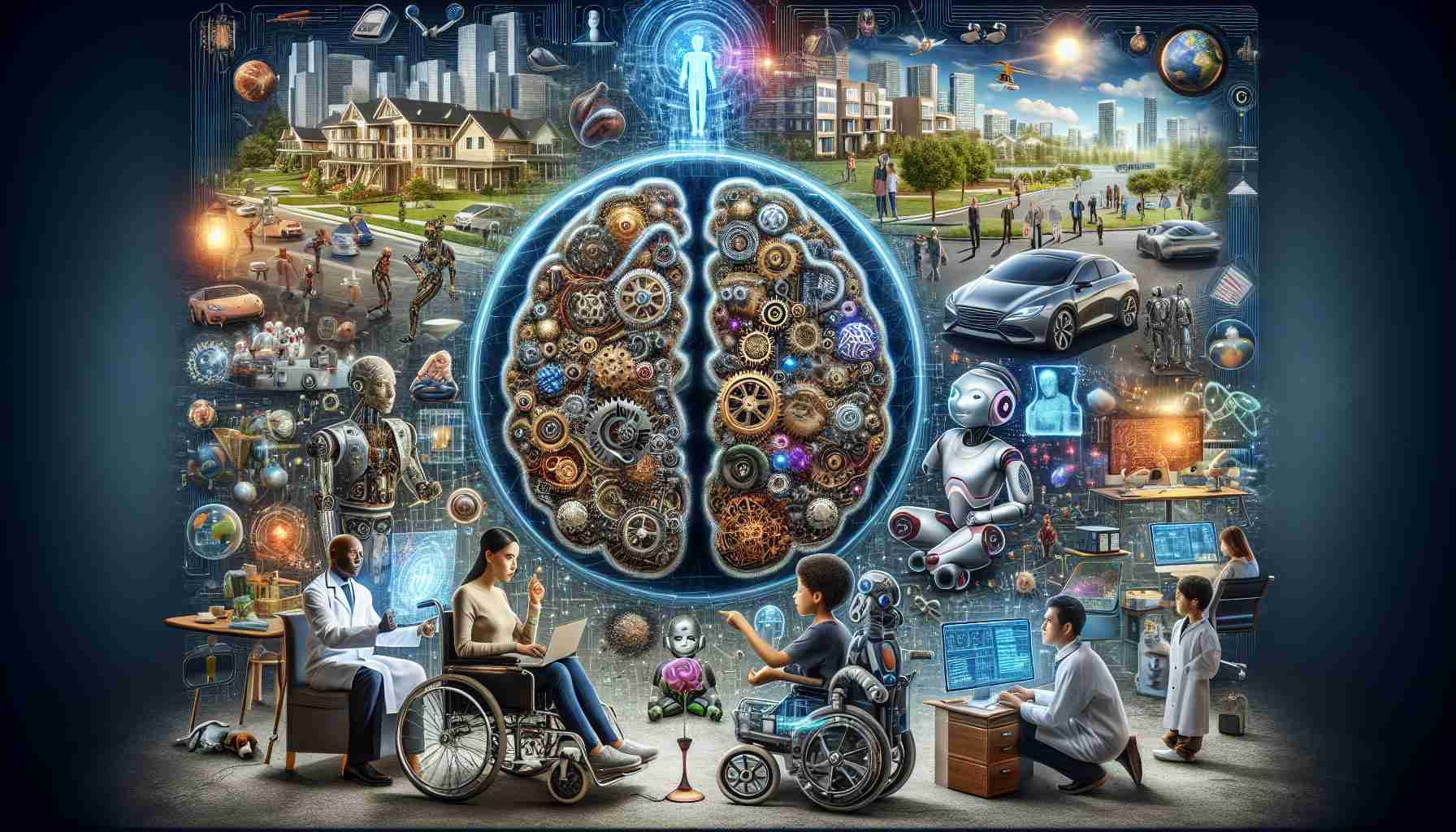Artificial Intelligence (AI) tools have become integral in transforming how we interact with technology in various sectors, from healthcare to finance and beyond. But what exactly are these tools, and why are they creating such a buzz?
AI tools are software applications that use intelligent algorithms to simulate human-like decision-making processes. These tools can process vast amounts of data at high speed, identify patterns, and make predictions or decisions based on the data they analyze. One of the most commonly used AI tools is machine learning, which allows computer programs to improve their performance on tasks over time without being explicitly programmed. For instance, recommendation systems on streaming platforms like Netflix or Amazon rely on machine learning algorithms to suggest content based on users’ preferences.
Natural language processing (NLP) is another significant AI tool, enabling computers to understand and generate human language. Applications of NLP are ubiquitous, from voice-activated assistants like Alexa and Siri to chatbots offering customer support on various websites.
In the healthcare industry, AI tools enable early diagnosis and treatment recommendations. Machine learning algorithms analyze medical imaging or patient data to detect diseases that doctors might miss, making them valuable allies in pursuing better clinical outcomes.
Financial institutions leverage AI tools to detect fraud by spotting anomalies in transaction patterns that humans might overlook. Moreover, AI-driven analytics provide businesses with deep insights, opening doors to more strategic decision-making processes.
In summary, AI tools are reshaping numerous aspects of human life, enhancing efficiency and opening new possibilities. As we advance into a digital age, AI’s role will undoubtedly expand, bringing innovations that will continue to revolutionize our world.
AI’s Hidden Impact: Unseen Forces Shaping Your Daily Life
Artificial Intelligence (AI) is more than a technological marvel; it’s a powerful catalyst significantly affecting our daily existence. While the buzz typically centers on industries like healthcare and finance, AI’s influence reaches deeper than most recognize. Let’s uncover how AI secretly shapes our lives and raises provocative questions.
AI isn’t just about automation and efficiency; it’s about empowerment and transformation. Imagine having a personal assistant with infinite patience and knowledge. That’s AI in education, where personalized learning platforms adapt to students’ unique needs, potentially revolutionizing how we learn and teach. But is there a risk of over-reliance on machine-guided insights?
AI’s sophisticated analytics can analyze citizen data to improve city planning and resource allocation, ushering in the era of so-called smart cities. However, what does this mean for privacy? How much data are we willing to share for efficiency and convenience in public spaces?
Despite its advantages, AI isn’t without controversy. The question of bias arises often. Are AI-driven decisions perpetuating existing prejudices due to biased training data? For instance, in facial recognition systems, accuracy rates vary across demographic groups, which could lead to discrimination.
Economically, AI could widen the gap between technologically advanced countries and developing nations lacking robust AI infrastructure. Could this exacerbate global inequalities?
For further reading on AI’s integration into society, explore IBM and Microsoft. They offer expansive insights into AI’s potential and ethical considerations.
AI is undeniably transformative, yet society must continually navigate the complex landscape it creates, balancing technological advancement with ethical responsibility.








